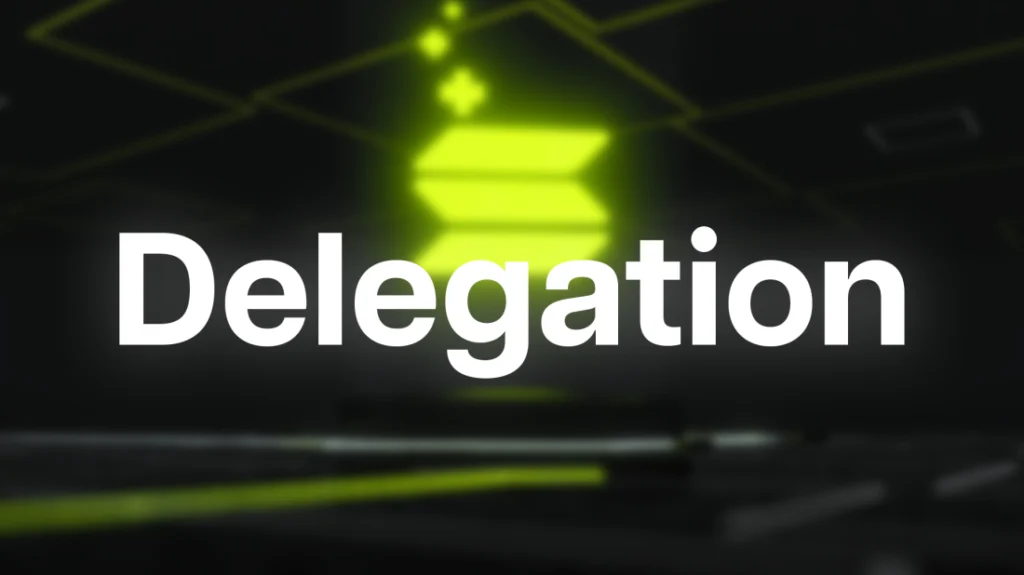Delegation allows token holders (delegators) to assign their stake to a validator of their choice. While delegators retain ownership of their tokens, their stake is utilized by the validator to secure the network and participate in consensus mechanisms. This process ensures that even participants with limited resources can contribute to network operations.
Stake Pooling:
Delegators pool their tokens with those of the validator, effectively increasing the validator’s stake. A higher stake enhances the validator’s chances of being selected for block proposal and validation.
Reward Sharing:
Importance of Delegation in PoS Networks Delegation plays a critical role in ensuring the success and sustainability of PoS networks. Here are the key reasons:







